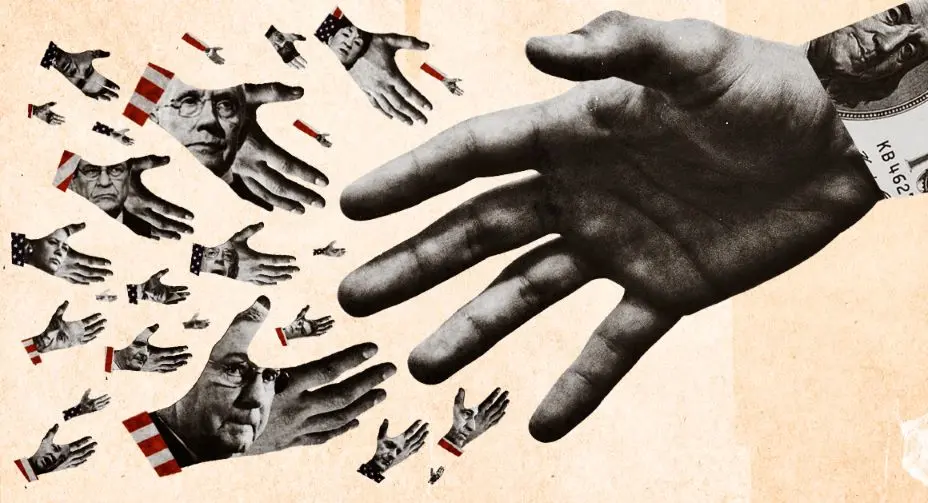This practice of shadow lobbying, in which former politicians rely on their access and expertise to steer legislation and policy without registering de jure as lobbyists, is ubiquitous in Washington D.C. These political operatives operate in the shadows, providing strategic advice to corporate clients and sidestepping the stringent disclosure requirements that registered lobbyists must follow.
Spending on lobbying has stayed relatively constant, exceeding $3 billion a year, but the number of registered lobbyists has declined as many operate in the shadows. Ex-lawmakers and government officials can glide through this system by providing consulting services that stop just short of triggering formal lobbying registration requirements.
Other former lawmakers go directly from Congress to top firms where they can leverage their expertise and connections in pursuit of legislation. The fact that they are barred from contacting government officials directly after leaving office does not prevent them from advising corporate clients on navigating the legislative process and devising influence strategies that prioritise private over public interests.
The Mechanics of Shadow Lobbying
Shadow lobbying uses specific tactics to influence policy while staying under the legal radar. Former politicians and staffers tap into their government connections through consulting work and strategic advice rather than direct lobbying contact.
Understanding the Registration Threshold
The Lobbying Disclosure Act requires registration when someone spends 20% or more of their time on lobbying activities for a client. Many former officials stay just below this threshold to avoid registration requirements.
Strategic advisors often limit their direct contacts with lawmakers to 19% of their work time. They spend the rest on “strategic consulting” or “government relations” activities.
This practice creates a gap between registered and actual lobbying activities. Experts think at least 10,000 unregistered influence professionals are working alongside the 10,000 registered lobbyists.
The Role of Consulting Firms and PR Agencies
PR agencies are a linchpin of this, through influence campaigns that sway public opinion and lobby lawmakers. They design ads, social media content, and grassroots campaigns.
Companies pay governments to hire former government officials as “senior advisors” or “strategic consultants.” These titles allow them to steer lobbying strategy without being seen as a lobbyist. These firms work in conjunction with registered lobbyists, but their own activities are kept separate from direct lobbying efforts.
Circumventing Lobbying Disclosure Rules
The “Daschle Loophole” lets former officials give strategic advice without registering as lobbyists. They can plan lobbying campaigns and coach others on what to say to lawmakers.
Many shadow lobbyists focus on:
- Writing lobbying strategy plans
- Coaching registered lobbyists
- Setting up meetings without attending
- Providing insider knowledge about government processes
These activities shape policy while staying outside disclosure rules. Current estimates suggest shadow lobbying spending might reach $9 billion when including all related marketing and PR work.
Paths of Influence
Ex-politicians often flip seamlessly between government jobs and private sector lobbying gigs, creating powerful networks that influence legislation. In 2015 alone, money spent on lobbying quadrupled to nearly $3.21 billion, highlighting the industry’s influence at an incredible scale.
Former Lawmakers Turned Lobbyists
Many former members wind up at top law firms and consulting firms after leaving office. These firms shell out big bucks for their connections and inside information on the legislative process.
Some former politicians steer clear of registering as official lobbyists, yet advise corporate clients on policy strategy. This “shadow lobbying” allows them to circumvent disclosure rules.
The revolving door between Congress and K Street produces an elite set of influence brokers. Their keen understanding of the inner workings of both politics and business makes them especially useful to special interests.
Corporate Clients and Policy Impact
Big companies hire former politicians to gain access to current lawmakers. Their relationships often lead to more favorable legislation and regulations.
Key Areas of Corporate Influence:
- Financial regulations
- Healthcare policy
- Environmental rules
- Tax legislation
- Defense contracts
Former lawmakers help craft messaging strategies that resonate with their old colleagues. They know exactly which buttons to push to advance their clients’ goals.
Ethics and the Call for Reform
Ethics watchdogs raise red flags about the cozy relationships between ex-politicians and special interests. The current rules have many loopholes that allow influence-peddling to continue unchecked.
Reform advocates push for stronger “cooling off” periods before politicians can lobby. They also want better tracking of shadow lobbying activities.
Current Ethics Gaps:
- Weak disclosure requirements
- Limited enforcement
- Loose definitions of lobbying
- Dark money channels
More transparency could help voters understand who really shapes the laws that affect their lives.

